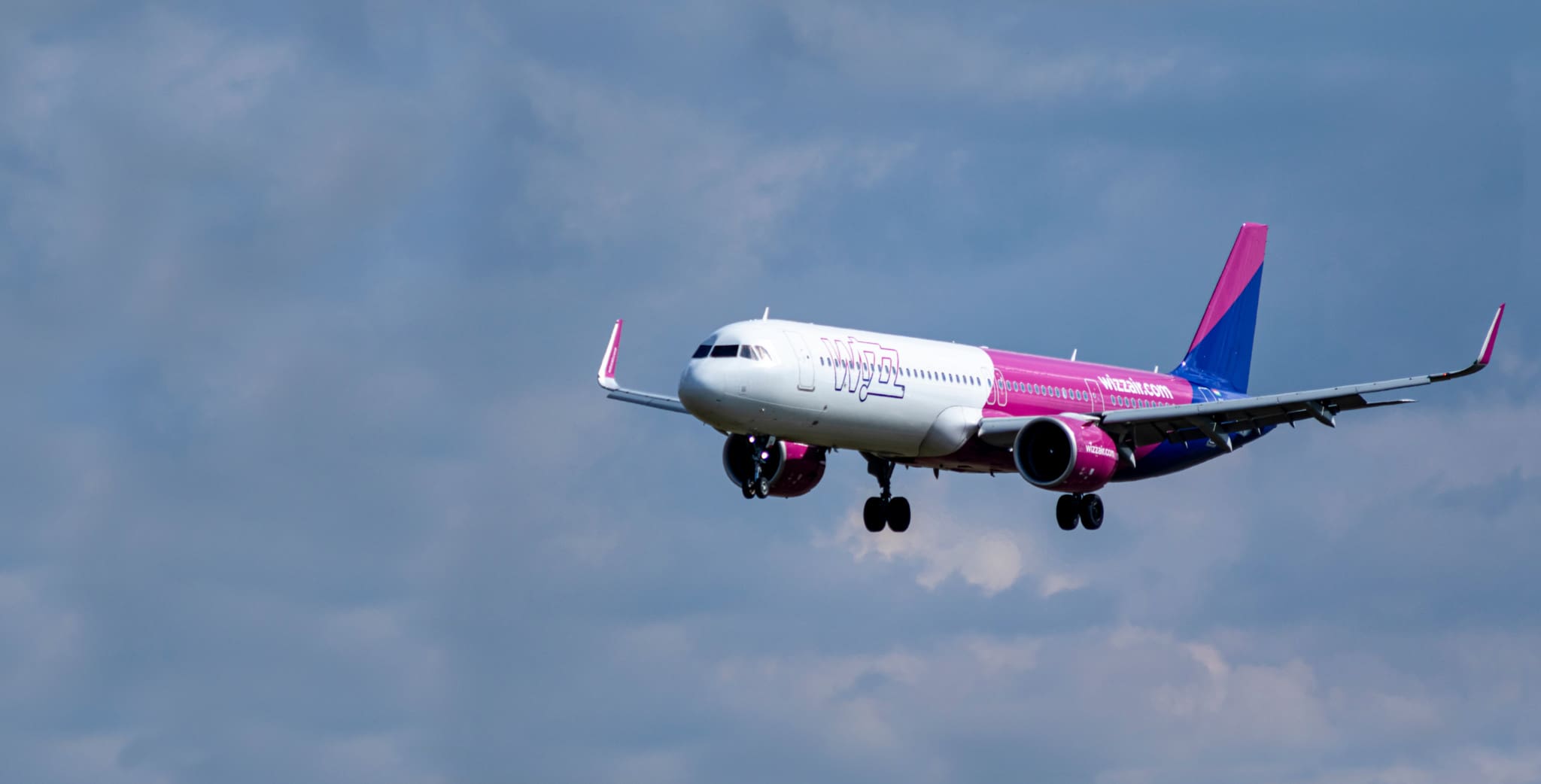Most national airlines have only been able to weather the travel restrictions brought about by the global pandemic through generous government subsidies and debt relief. However, budget airlines have generally fared much better due to better cash-flow reserves and, of course, the ingenuity of some of their managers.
One of the winners emerging from the ashes of post-pandemic airline and travel industry is the Hungarian airline Wizzair. With its first flight in 2004, the company had emerged in the shadows of trouble- and debt-ridden Hungarian national carrier MALÉV, which struggled to adapt to the changed market conditions for years after emerging from behind the Communist Iron Curtain. MALÉV piled up debt for years until, during the government of socialist Ferenc Gyurcsány, it was sold to the Russian Abramovich brothers. They in turn have been accused of receiving large sums of Russian government loans to resurrect the airline, while asset-stripping it and eventually selling it back to the Hungarian state in worse shape than before. In the meantime, Wizzair, financed by money from an American private equity firm, and led by former MALÉV CEO József Váradi, had quietly grown into the leading budget airline in the Central European region.
Since the establishment of its Luton-based operations, Wizzair UK, in 2017, the airline’s ambitions have grown to a European scale as the airline nips at the heels of the still undisputed king of budget air travel, Irish company Ryanair. The recent dispute at Tuzla airport, from which Wizzair has emerged as the clear winner, shows that Ryanair’s pressure tactics have their limits when it is not the only competitor for large airport contracts. It has been reported that the government of Bosnia-Herzegovina has rejected a bid by the Irish company to fly to Tuzla, and did so emphatically, by firing Esed Mujačić, the director of the airport, who had negotiated the now defunct deal with Ryanair. In their explanation the Supervisory Board of Tuzla Airport wrote:
“We want to try to agree to better financial conditions than the ones that have been agreed upon so far. Also, we believe that an agreement with Ryanair must not put into an unequal position the strategic partner that we are already doing business with by bringing in unfair competition.”
It is unclear what the board meant by “unfair competition”, yet Ryanair is known for using international muscle when negotiating deals, and getting on its wrong side could mean regions or even small countries being cut off from international air routes. Ryanair is also known for negotiating ridiculously small airport fees for planes, which are eventually paid by the shops and businesses that draw their income from the airport. Bosnian authorities seem to have opted for a less volatile and more predictable partner for their operations in Tuzla, and have confirmed Wizzair as their exclusive international operator. Wizzair flies to 15 destinations from Tuzla, mostly to German and Swedish airports. The preservation of these routes is essential for Bosnian expats who often fly to these Western European destinations.
Recent statements from Ryanair’s outspoken boss Michael O’Leary have shown the extent of his irritation over the unwelcome competition from the Hungarians. After some flight cancellations from Vienna by Wizzair a few weeks ago, O’Leary remarked that this must be due to the fact that Wizzair’s pilots have not flown enough, which has lead to staff shortages. Váradi dismissed this remark as “inaccurate and misleading”. He confirmed that there were issues with the cabin crew rosters for a few days, but clarified that the cancellations have absolutely nothing to do with pilots.
According to the Financial Times, some analysts have confirmed Wizzair’s claims that it has the lowest unit costs in the airline industry. Yet O’Leary had dismissed this claim in his typical coarse fashion, saying the this is “bull….” based on future growth projections. While Wizzair plans to expand its fleet to 270 aircraft in the coming years, they will still have some catching up to do if they want to overtake Ryanair, who has envisaged a fleet of 600 planes by 2026. The real battle, however, will take place once Wizzair will inevitably start to muscle in to the lucrative Western European routes that Ryanair now dominates. Travelers fed up with the Irish carrier’s notoriously tightfisted approach to pricing, bad customer service, and unapologetic flight cancellations could very well welcome a new competitor in the marketplace.





